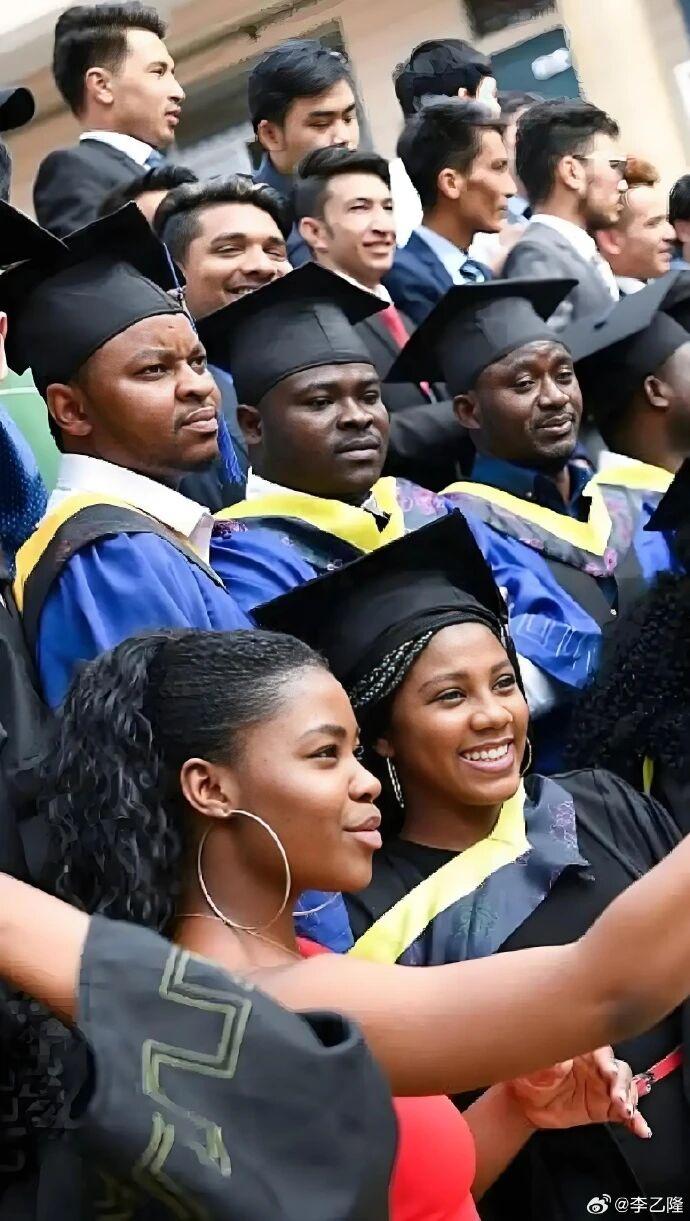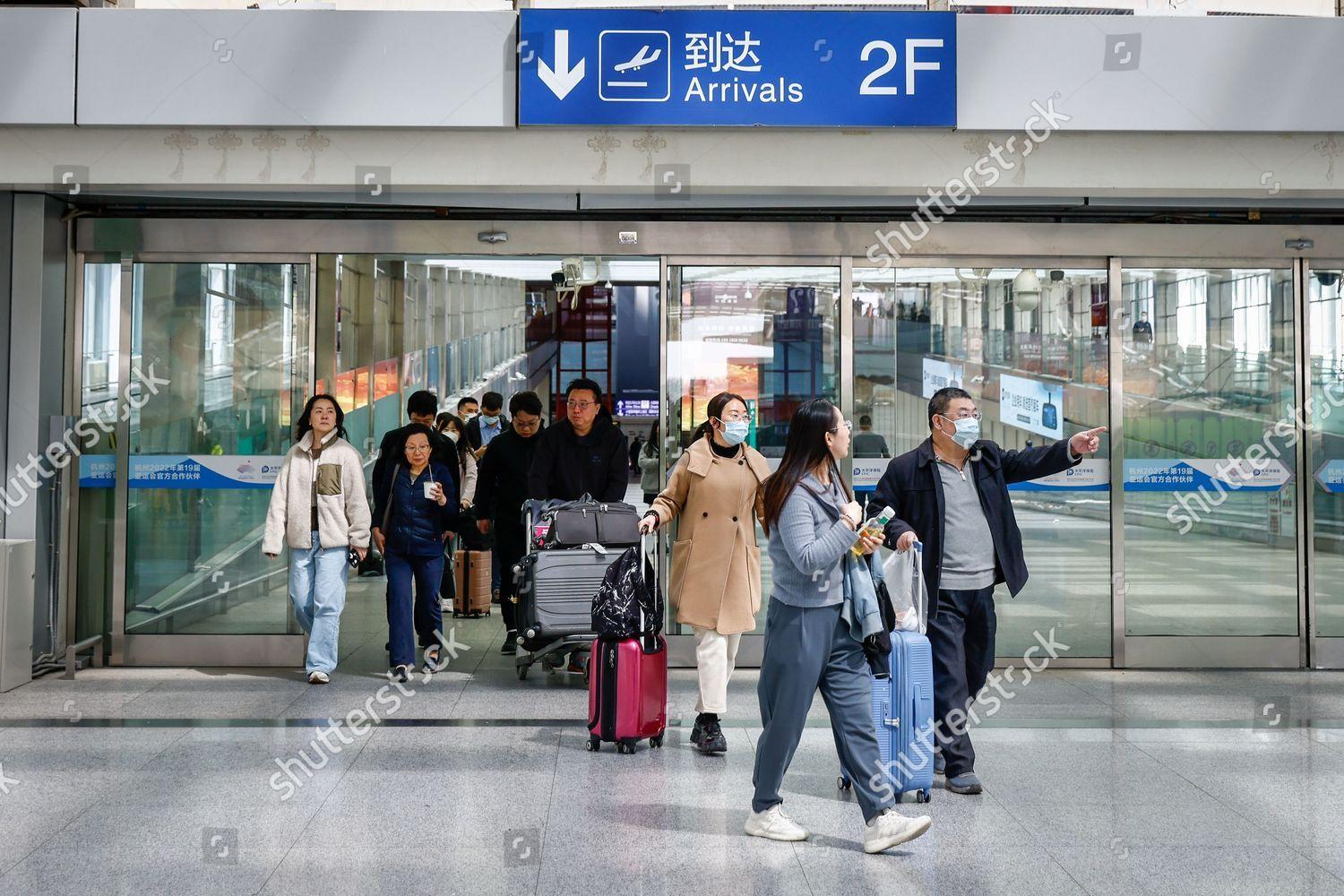A growing online debate in China has drawn attention to a small group of foreign students, including some from Africa, accused of staying in universities for years without completing their studies. The reports have sparked national discussion about fairness, scholarship rules, and the real purpose of international education.
What Sparked the Debate
A recent report in Chinese media described several foreign nationals—some in their 40s and 50s—who have remained enrolled at different universities across the country for long periods. Instead of graduating, they allegedly switch majors or institutions while maintaining student visas. Locals have started calling them “career students.”
According to the report, these students often receive benefits such as free accommodation, monthly stipends, and annual scholarships of up to 100,000 RMB (around USD 14,000). Many Chinese netizens reacted strongly online, saying the benefits far exceed what domestic students receive—especially those from poor families who struggle to afford tuition or living expenses.
Mixed Reactions Online
The story quickly went viral on Chinese social media platforms, dividing public opinion. Some users expressed anger over what they see as an unfair system funded by taxpayers, arguing that limited education resources should go to hardworking students, not those allegedly abusing the system.
Others, however, urged calm and perspective. They pointed out that the vast majority of African and other international students in China are genuine learners—earning degrees, conducting research, and building bridges between cultures. Many commenters warned against turning the issue into xenophobia or unfair generalizations.
One user wrote, “Education funds should help people who study seriously, not those using school as a long vacation—but we must also respect those here to learn and grow.”
Why Universities Allow It
Insiders familiar with the education system say some universities might tolerate long-term students because hosting more foreigners brings in government subsidies, partnerships, and global recognition. For certain institutions, maintaining a high number of international students can mean extra funding and prestige.
As a result, admission or renewal standards may sometimes be relaxed to meet enrollment targets. One Chinese professor told reporters, “For some schools, quantity matters more than quality. More students can mean more support—but it can also mean less focus on performance.”
Government Response
Following public criticism, China’s Ministry of Education has begun tightening its oversight of scholarship programs and student visa renewals. New internal audits have identified and expelled students who failed to make academic progress. Updated guidelines are being rolled out to ensure that scholarships are reserved for high-performing students and legitimate learners.
Some universities have also started to review partnerships with study agencies accused of helping foreigners stay in China indefinitely by arranging repeated applications and transfers. Officials say the new rules aim to promote fairness without discouraging international cooperation.
The Bigger Picture
Experts say the controversy highlights deeper questions about how China manages its growing network of international education programs. The country’s policy of attracting students from around the world—especially from Africa—was originally designed to promote cultural exchange, skill development, and stronger global ties. However, weak oversight in a few cases has created loopholes that some may exploit.
“What was meant to be a bridge for learning became, for a few, a loophole for easy living,” one education analyst commented. “But that shouldn’t define or overshadow the thousands of African students who are genuinely studying and achieving great things here.”
Looking Ahead
While stricter rules may help prevent abuse, many Chinese citizens and educators hope the new policies remain balanced. A local blogger summarized the sentiment well: “This is not about rejecting foreigners—it’s about protecting fairness. We can support global education while still keeping standards strong.”
For the vast majority of African students in China, the experience continues to be a valuable one—opening doors to business, science, medicine, and cultural exchange. Despite the noise online, education remains one of the most positive links between China and Africa.
📍 Location:
Various universities across China, including major provincial campuses in Guangdong, Jiangsu, and Hubei.
Tags: China education, African students, international scholarships, study in China, education policy










